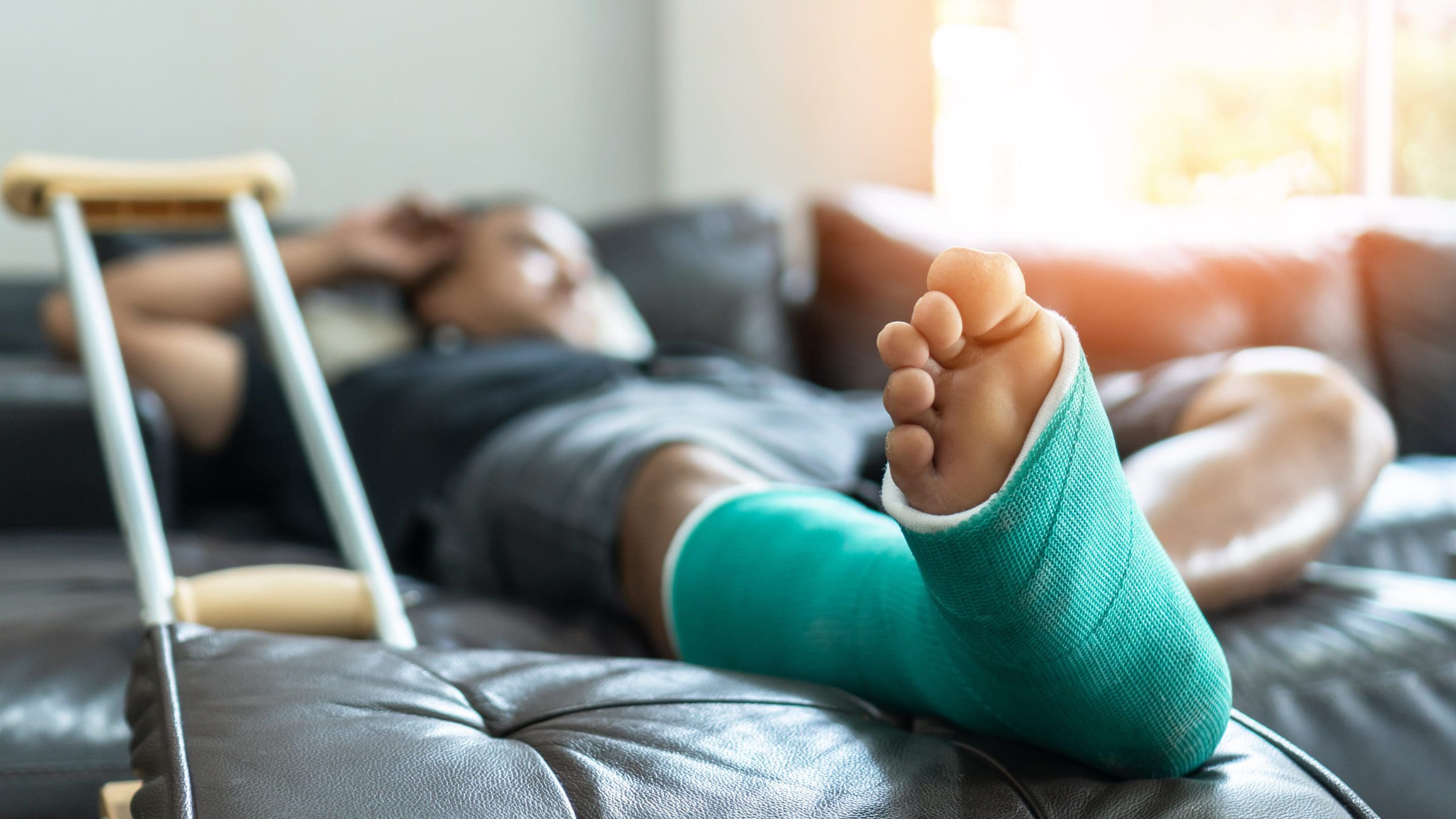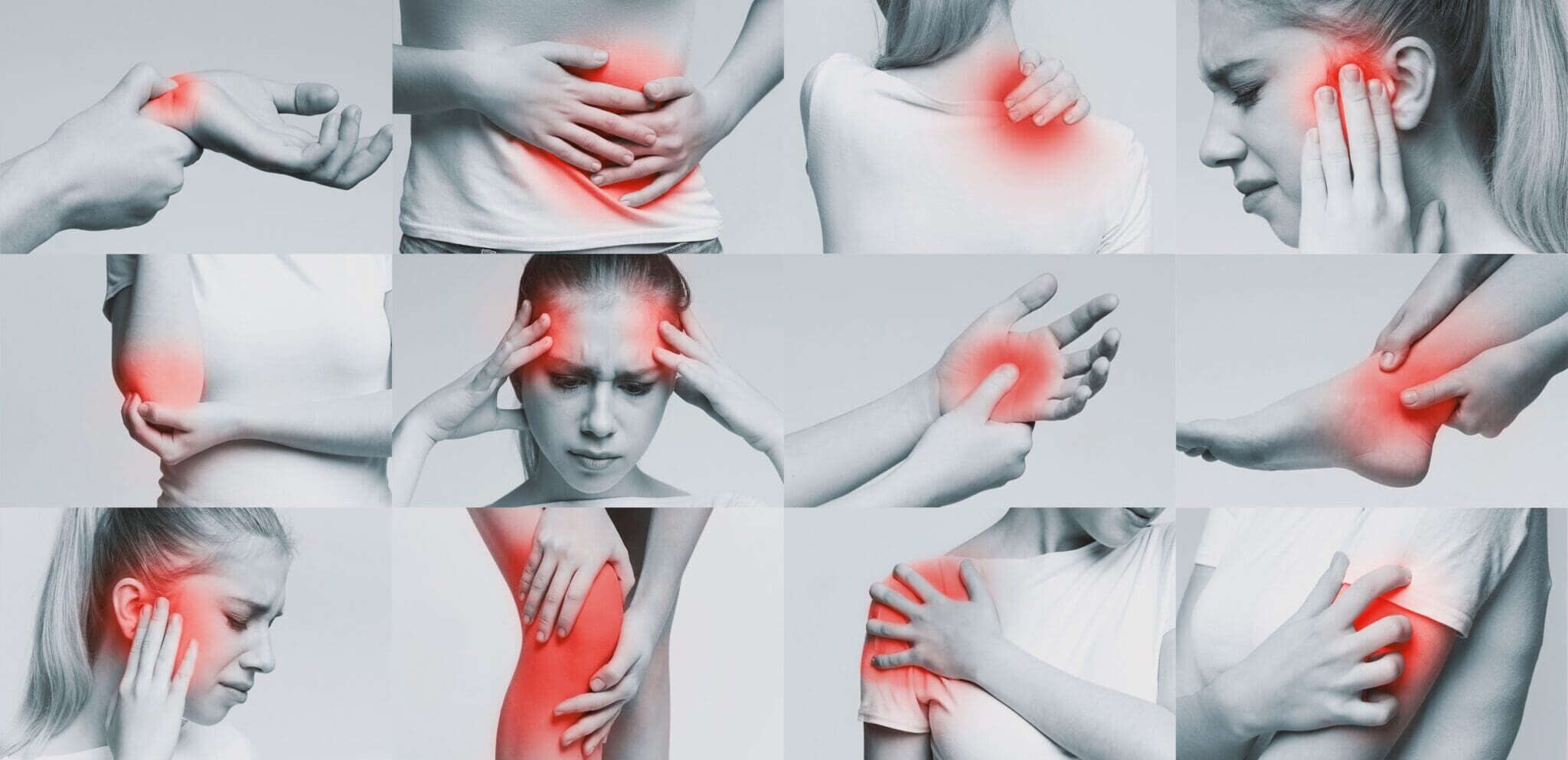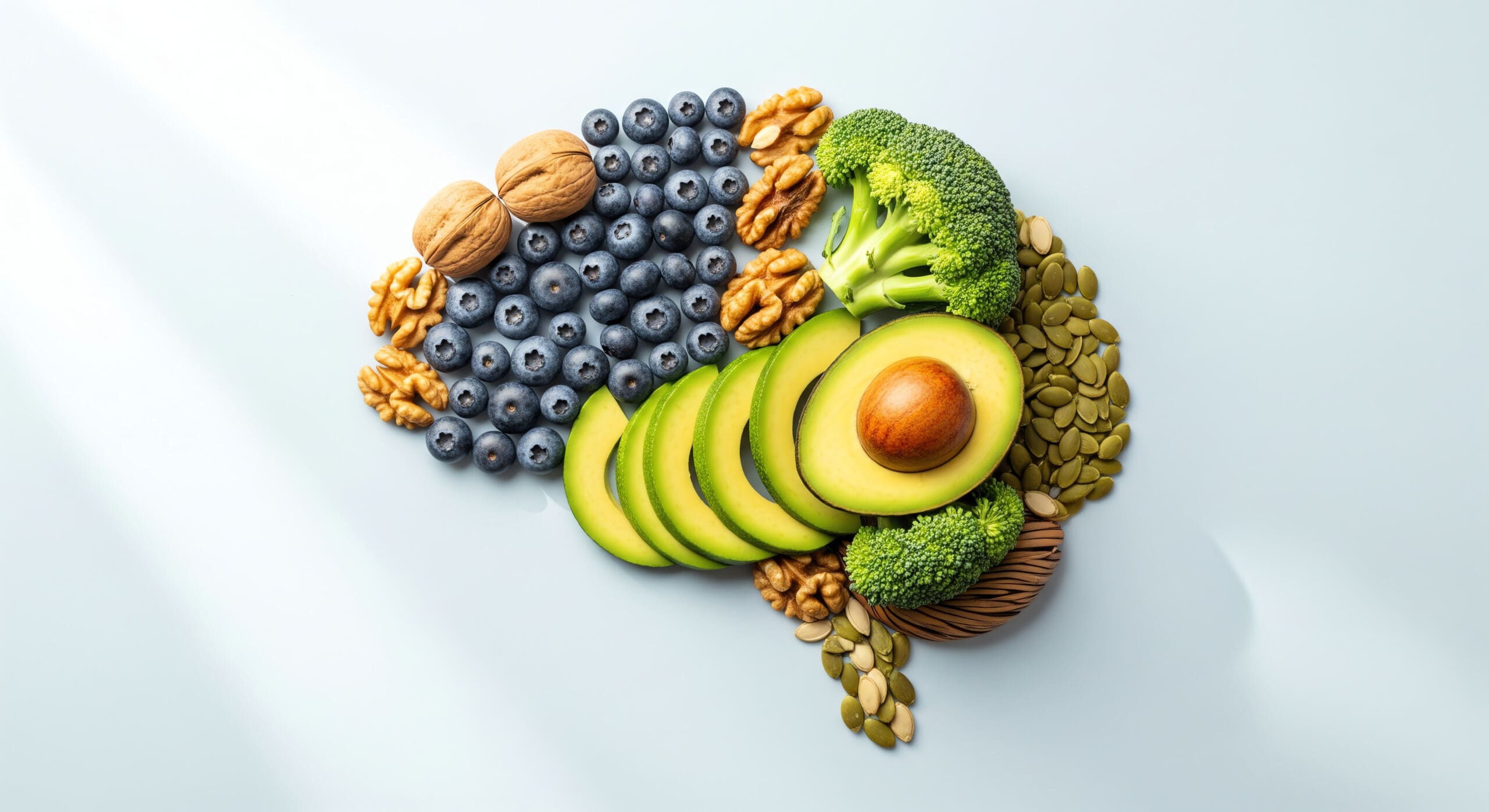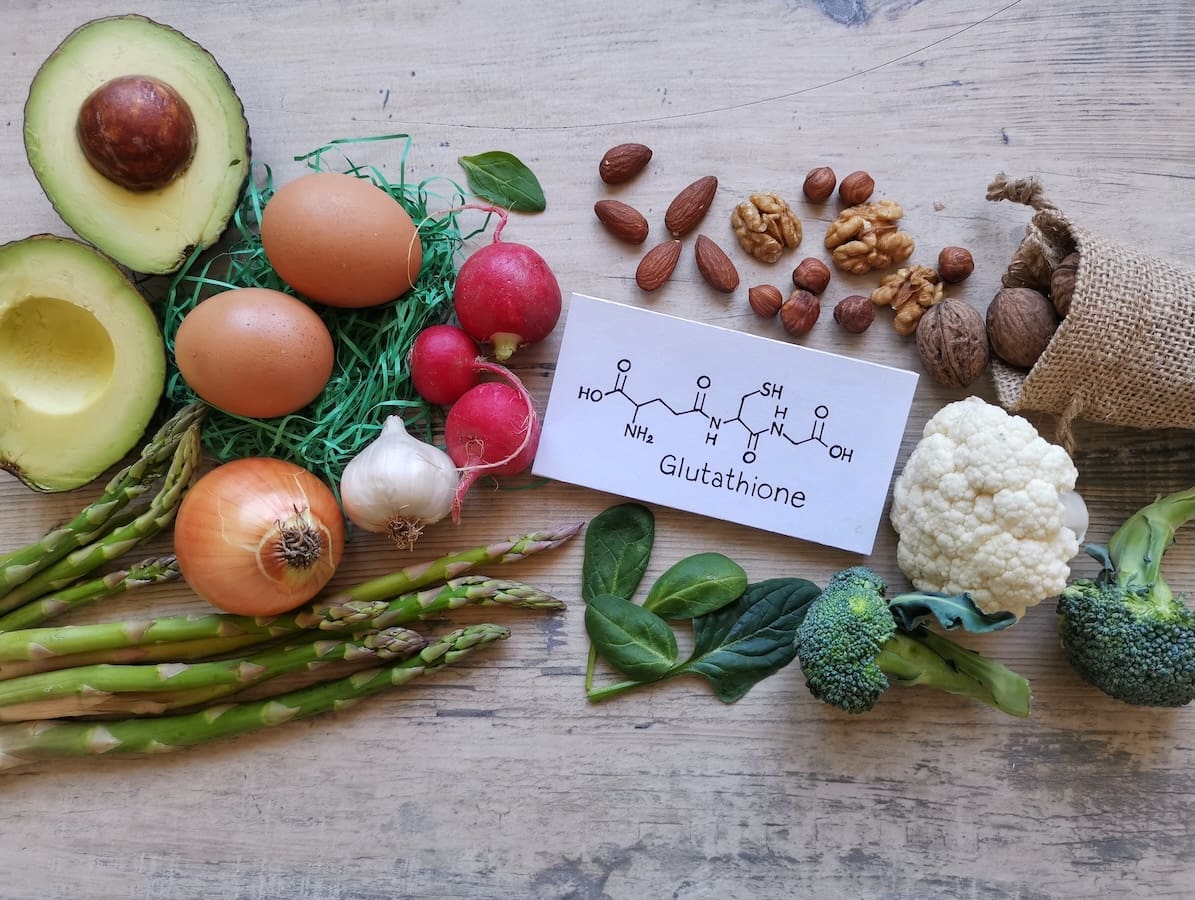Deficiency of this vitamin can cause broken bones
By naturopath Margaret Jasinska
Vitamin K deficiency is extremely common. A lot of people are not eating enough foods rich in vitamin K, or they are not metabolising it into its active form due to poor gut health. The result is weaker bones that are at greater risk of fractures.
Increasing vitamin K intake can positively impact your bone strength. These findings have come from a Polish study presented at the International Conference on Children’s Bone Health in Würzburg Germany. It was the first study to evaluate vitamin D and vitamin K2 levels in children who had suffered a low energy fracture. That means they broke a bone from falling from standing height or less.
Most people’s diet typically provides very little vitamin K2. Small amounts are found in liver, pasture raised butter, egg yolks, some cheese (particularly Brie and Gouda), as well as natto. Vitamin K1 is present in green leafy vegetables and certain gut bacteria convert it into K2. The problem is a lot of people don’t have enough of those good gut bugs. A number of factors can be responsible, such as antibiotic use, bowel disease (eg. Celiac disease, inflammatory bowel disease), dysbiosis and high sugar diets. Osteocalcin is a protein present in bone that helps to build bones and strengthen them. It requires vitamin K2. Without adequate vitamin K2, bones are weak and fracture more easily.
This particular study analysed vitamin K2 status in 20 children aged between 5 and 15 years who had suffered a fracture, and compared it to 19 children who hadn’t. Interestingly, in this study there wasn’t a significant difference in vitamin D levels among the two groups, but vitamin K2 levels differed greatly. This may have been because the children spent some time playing outside, and therefore obtained vitamin D through sunshine exposure.
You are probably aware of the importance of vitamin D and its role in bone health and immunity. Vitamin K2 isn’t getting enough attention. For lifelong strong bones, you need adequate vitamin K2. If children are breaking bones as a result of deficiency, their future bone health doesn’t look good when they are elderly. Of course calcium is also necessary for strong bones. A lot of people are not able to digest cow’s milk well, or it aggravates their health conditions. Goat and sheep milk, cheese or yoghurt are usually better tolerated. Plant milk such as almond milk doesn’t contain calcium unless it has been fortified, and the calcium added, is usually not very bioavailable (poorly absorbed). The bones in canned sardines and salmon are an excellent source of calcium, but few people eat them regularly enough.
Calcium Complete tablets contain the highly bioavailable forms of calcium: calcium hydroxyapatite and calcium citrate. They also contain vitamin K2, D3, boron, plus other minerals required for strong bones and teeth.









Leave A Comment